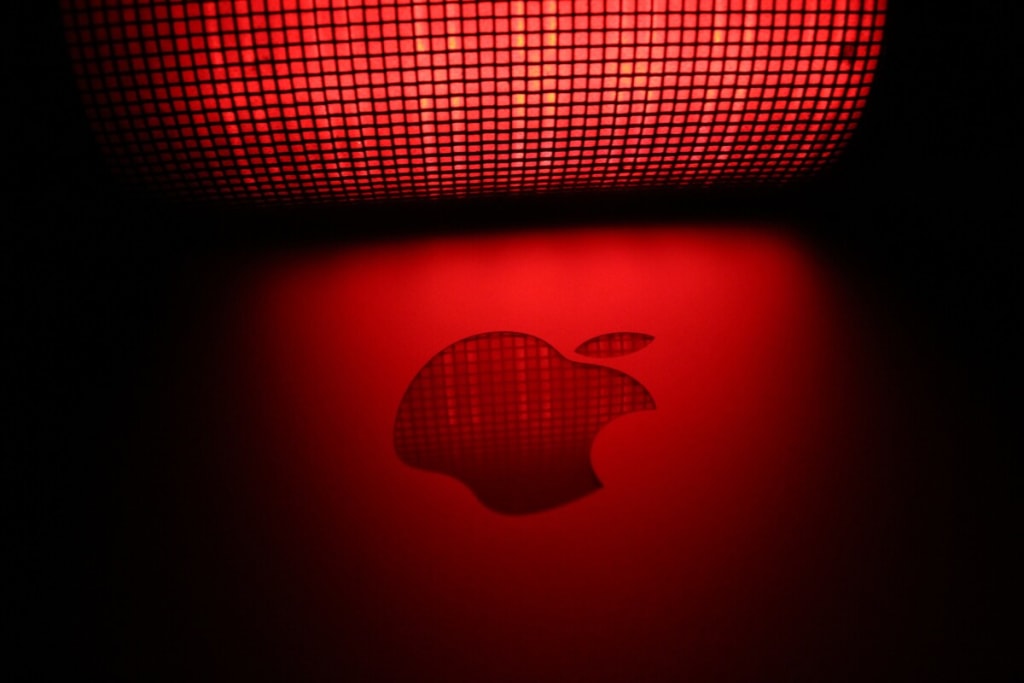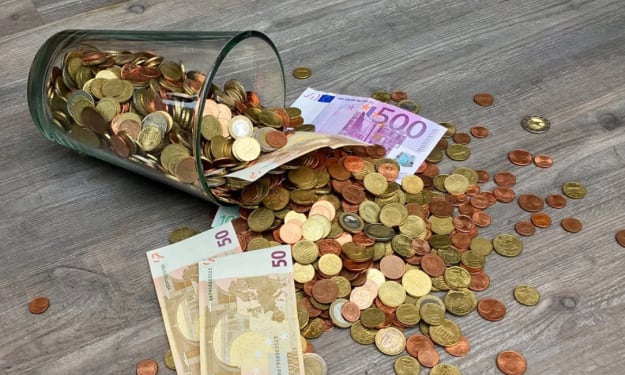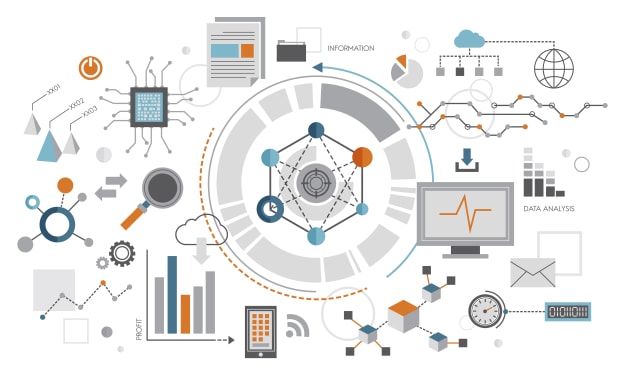How to build a brand and not just a business.
We have a lot of myths in our heads about brands. We are constantly told to create “brands”, to care about “branding”. But what do we actually mean when we talk about the brand?

What does it mean to create a brand?
You might think of that process as spending money on an ad campaign, launching a new product, or putting together an employee handbook. While all those things can contribute to your brand, you need to think of the brand as something that happens over a prolonged period of time. In other words, the brand is not really a product or service. It is an experience that happens over a prolonged period of time.
The notion that 'the brand is the product' needs to be revised and audited! It can certainly be argued that a brand provides value to a business, but the definition of a brand has to go beyond this. What we should strive for is what I refer to as Brand Experience. You see, brands are not just brands anymore. They are so much more than that and can take many forms: from personified characters to national flags or even ideas like one world or globalisation.
If you think of a brand, it is the identity and its image. Marketers think of their job as enhancing the brand by reducing negative associations and projecting more positive associations and protecting visual identity. The strength of a brand lies in its global presence. For example, Coca-Cola and IBM are very strong by running on such a large network. It's hard to fathom that they run in almost every part of planet Earth. You can find Coca-Cola in supermarkets in Accra or IBM in any part of India. The reason behind this is that these brands have perfectly positioned themselves on the map of your mind.
What is a brand? It is one of the most essential aspects of clientele retention. If delivering products and/or services was a driving force behind clientele retention, a company could go out of business overnight if it ceased delivering said products or services.
By focusing on providing an experience that offers value to the consumer, the business's longevity increases as does revenue potential.
"What is an experience?". It is one that includes your senses in an emotional manner, inspires customers to behave in some way different to the norm and makes them want to communicate about it with others.
A brand is a living thing. It is not just an item. It is not just how it looks, feels and sounds - but also behavioural patterns, emotions and values deeply embedded inside of it. A brand is not simply a logo, name, or tagline. It is an experience created in the mind of the consumer when he interacts with all the products and services of a company.
Today, everything is important for the brand. From the store where you bought your last item, to how you interacted with the brand and how it reacted. What this means is that marketers have an equal responsibility to protect the brand experience as they do to protect it.
Good brands are valuable. Your customers recognize them because of the design and communication work you put in place to market a brand. The more recognizable your brand is, the higher the perception. Essentially, we tend to associate the luxury and quality of a product or service with how recognizable the brand name is. That's why a lot of businesses invest in enhancing their branding efforts; they want their products or services to be identified with powerful words like luxurious, high-end and quality.
Businesses have achieved major success in branding their products and services, and branding is still actively growing and developing. This led to the formation of market research to find out the level of loyalty of the brand. We all know that brands do not live in a vacuum, so how do brand managers deal with this if they are committed to building powerful brands?
Branding is all about creating a unique identity for your company. Brands help consumers to be drawn to a certain product or service and are usually created through marketing campaigns like branding adverts. A brand is a visual way of telling customers that your business has a certain identity and certain standards for quality. These brands allow companies to find their niche so they can compete against the big players in the market.
Marketers are not very different from architectural decorators. They conceive the brand as a person, complete with personality, psychology, beliefs and prejudices and in their own head, create a picture of how this personality can be differentiated from its competition. A brand that through marketing communications is established as a unique personality is an asset. That personality influences the behaviour of consumers and stakeholders; when the behaviour enhances the value of the brand, it's good marketing.
A brand is about much more than choosing colours and fonts.
While these things are important, a brand is not really a product or service. It is an experience that happens over a prolonged period of time, even if the user doesn't realize it. Some companies, when asked what they do, will answer "We make products and provide services." But these are mere components of what they actually do.
The most effective way to enhance our brand would be to focus on building associations.
Companies are able to build positive associations in the mind with the customers by personalizing their services by giving an impression of a human being behind the brand. The companies that are most successful in today's market are those that can connect better with customers. Nowadays people are no longer looking for a generic, minimalistic, and non-personalized experience when interacting with companies. The capacity to create individualized experiences has become more important than ever before.
People want to consume, they want to purchase things. This makes brands that have a unique experience, i.e. a unique product, more valuable. Brands are not the product but they have the product. The brand is responsible for building and delivering the experience of the product or service over a prolonged period of time. Food marketers NEED to understand this because they can no longer sell a successful restaurant by simply selling it and hoping for the best…they need to understand how to develop processes that ensure success in terms of sustainability over time.
A Brand is Not what we tell the customer it is. It is what the customers think it is.
Your Brand Promise:
Your brand promise is the definitive statement of what your brand stands for - in other words, the essential purpose and promise that you provide to a group of people. A brand promise is crucial for a business because it helps your ideal customer members connect with your business. Take Apple's originally crafted brand promise
"To make a contribution to the world by making tools for the mind that advance humankind".
What does that mean? Well, their products empower us to take work into our own hands and be creative. They help us learn about ourselves, better ourselves, communicate our thoughts better, and more effectively collaborate with others. From this brand promise, we can deduce how important it is to Apple users to feel like they have the freedom to express themselves
If you are a business owner or someone who works for a business, it is important to know your brand promise. Your brand promise is your single most important marketing message. It is a promise that everything you put in front of your customers will reflect.
A brand promise is the story you tell about your company. It's how you differentiate yourself from the competition and it ultimately creates advocacy, or loyalty, among your customers and audiences. A strong brand promise doesn't just differentiate you from your competitors but also strengthens your social and word-of-mouth impact. All of which makes for truly exceptional brand engagement. The emphasis here is not on being different but on true and clear differentiation. There is a distinct difference. Being different is not the same as differentiation. By brand differentiation, we are talking about a difference that matters to people, to consumers. A relevant (valued) point-of-difference in relation to competitors.
Nike has a very clear brand strategy. To bring inspiration and innovation to every athlete in the world.
Nike's promise is one that is so in line with who they are that it makes you want to believe in them. Not only as a brand but also as a corporation and as a member of the global community. It is one of the strongest promises I have ever seen because it is very clear and concise, yet not limiting in any way.
The Gap between the Brand Promise is a well-known conceptualization of an important phenomenon for marketing communication experts. The idea is that there is a gap between what marketers communicate and what customers perceive. That gap creates expectations in the minds of customers which brands need to fulfil. This entails the creation of value for the customer through marketing communication activities through many touchpoints in the customer journey.
The gap between the brand promise and what customers experience (the delivery of that promise) is often the cause of much customer dissatisfaction. Understanding that the gap exists is important. But it is equally important to try to understand why there's a gap and how this plays into your maintenance plan. This is where many brands fail as they are often too deep in the delivery of immediate practicalities, and operate with little to no sense of purpose and emotional connection. When this happens, it's hard for a brand to differentiate itself in a way that works for customers and employees alike. Deliver on your promises. Stop making claims and then doing the opposite.
Filling the gap that exists between the brand promise (marketing communication is about creating that promise, creating those expectations, and about the delivery of that promise )
About the Creator
Edison Ade
I Write about Startup Growth. Helping visionary founders scale with proven systems & strategies. Author of books on hypergrowth, AI + the future.
I do a lot of Spoken Word/Poetry, Love Reviewing Movies.






Comments
There are no comments for this story
Be the first to respond and start the conversation.